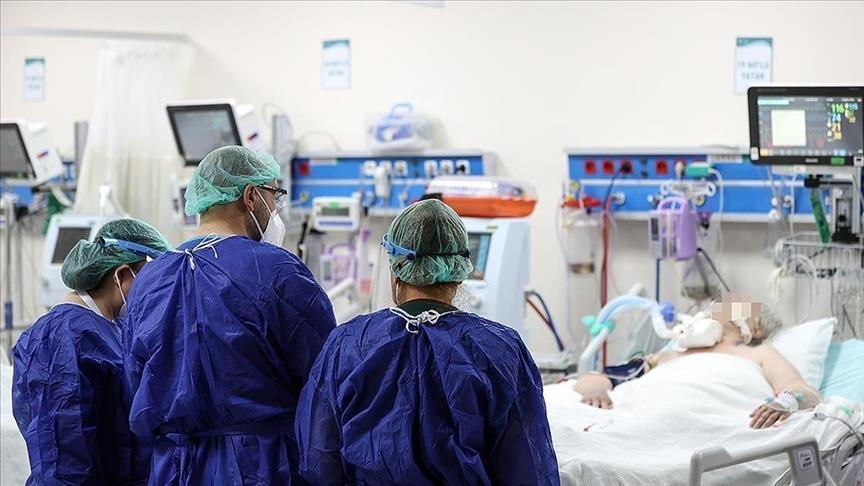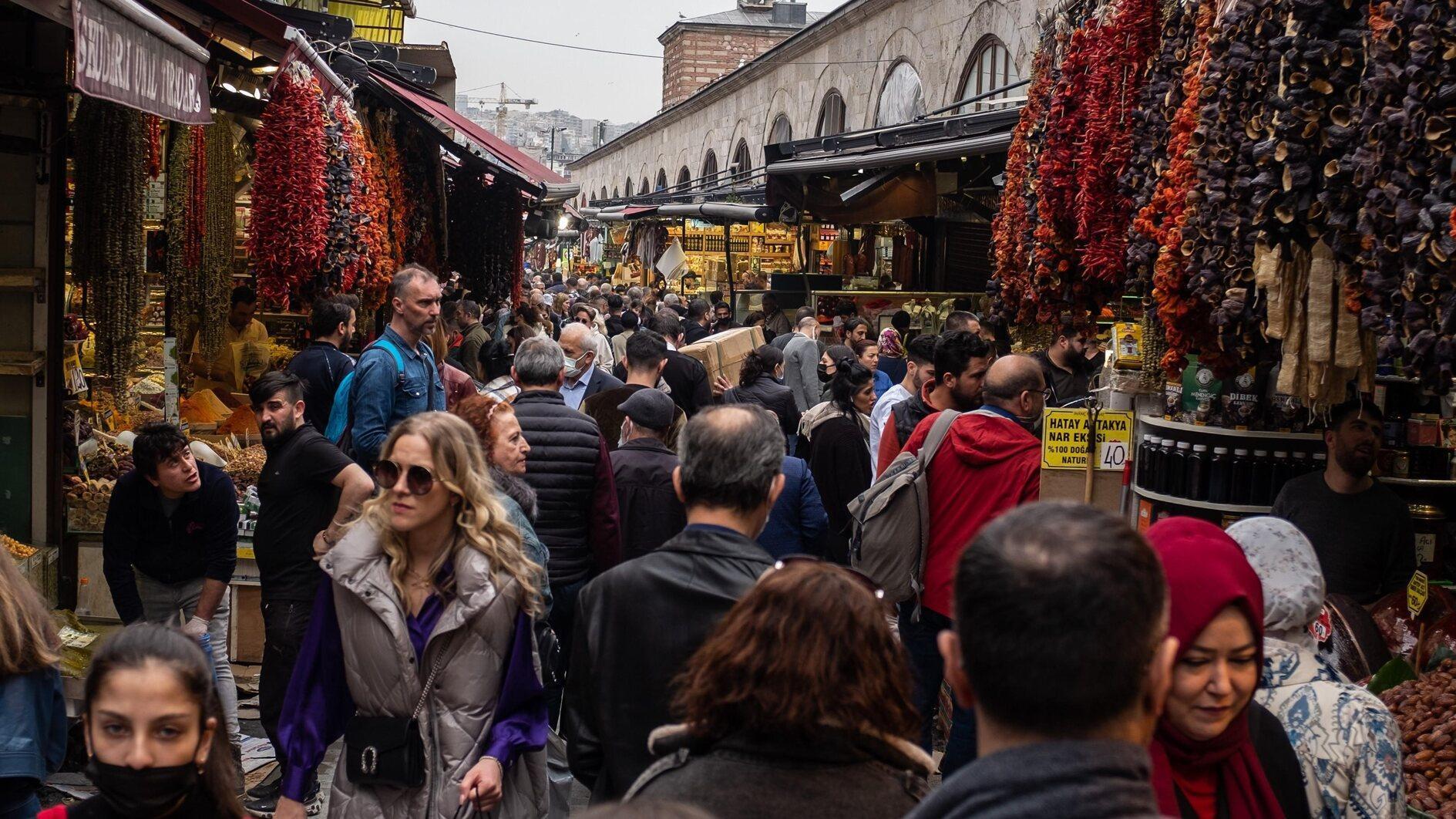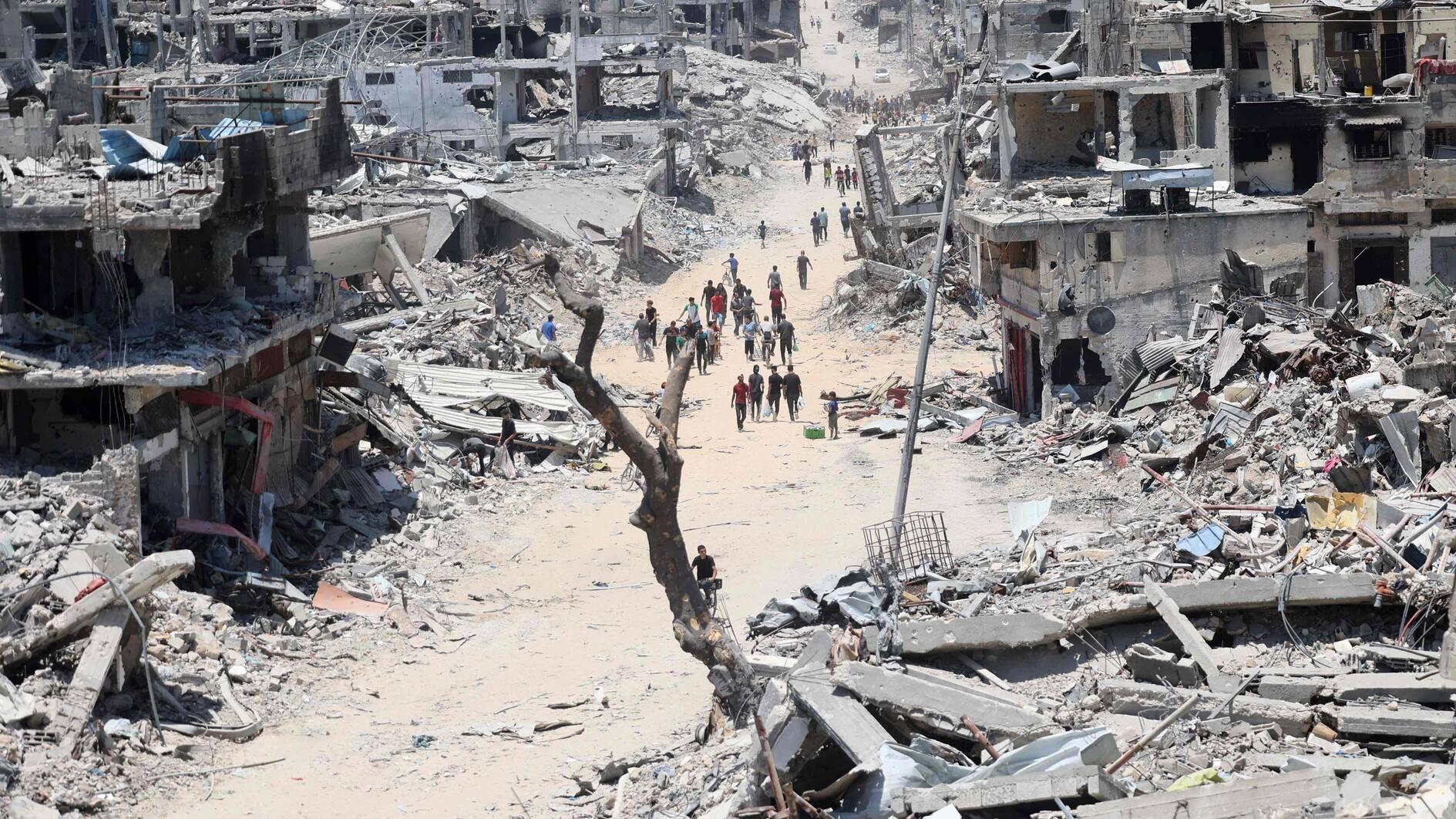Vaccine reduces severe virus cases, finds study
ISTANBUL

The hospitalization rate and need for treatment in intensive care units (ICUs) among people who have received a vaccine against COVID-19 is low, a study carried out by the Health Ministry’s Science Board has found.
The board has completed its work on the effects of the injection developed by the Chinese pharmaceuticals company Sinovac.
“The study was conducted after 15 million doses of the vaccine had been administered. We examined the people who contracted the virus after receiving the first and the second dose,” Prof. Dr. Sema Kultufan Turan from the Science Board told daily Hürriyet.
Only 2,500 people who were injected the jab contracted the virus, she said, noting that that included those who failed to follow anti-virus rules and those had COVID-19 14 days after the inoculation.
Almost none of those 2,500 people applied to hospitals nor were required treatment in intensive care units, according to Turan.
Before the vaccinations started, some 18 percent of COVID-19 patients aged 65 and above needed to be admitted to the ICUs, but this figure dropped below 10 percent and the situation is the same with health care workers, Tufan added.
Turkey launched its vaccination drive on Jan. 14, starting with the frontline health care staff and the elderly. The country is now using both Sinovac and the Pfizer/BioNTech vaccines.
“The vaccination in Turkey achieved a significant success. Thus, the inoculation drive should continue to be carried out in an effective manner and gather pace,” she added.
Tufan also pointed that more and more people aged between 20 and 65 are being admitted to hospitals due to the virus. “We have to curb the spread of the outbreak,” she said.
Health Minister Fahrettin Koca announced on April 19 that Intensive care occupancy in Istanbul is at 71.4 percent amid a surge in coronavirus cases. The occupancy rate in ICUs across the country is a little more than 69 percent.
Vaccination drive loses steam
However, the daily number of vaccinations declined to around 30,000 after the Islamic holy month of Ramazan began last week from previous weeks’ 150,000 inoculations, according to Yusuf Eryazğan from the Federation of Family Physicians (AHEF).
“Before Ramadan, a family physician vaccinated 30 to 35 people a day, now it’s around 10. But at the same time COVID-19 cases have increased immensely. Workload on family physicians have only increased,” he said, calling for ramping up the vaccinations.
“We need to come up with a solution to increase inoculations. Schools, which are currently closed, closed could be used as jabbing sites or people could be administered in their vehicles. We need to vaccinate people wherever possible,” Eryazğan added.
Meanwhile, Turkey started to vaccinate its citizens aged above 55. After Koca announced the inoculations for the new age group, people formed long lines in front of hospitals in Ankara.
To date, Turkey has administered nearly 20.3 million doses of COVID-19 vaccines, with some 12.4 million having received the first shot. Over 7.8 million people have received both doses.
















